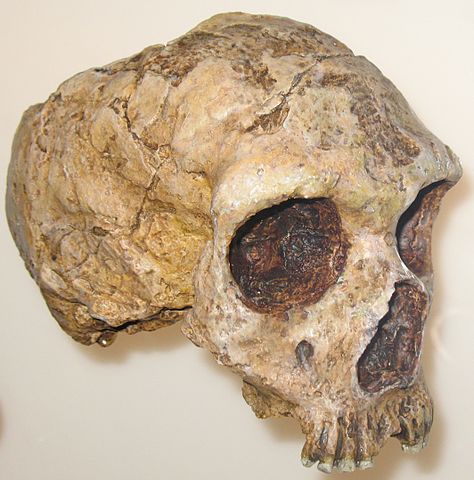Podcast: Play in new window

BOB HIRSHON (host):
Neanderthal inheritance. I’m Bob Hirshon and this is Science Update.
Neanderthals had several hundred thousand years to adapt to the climate and germs of Eurasia before modern humans arrived from Africa. When they did, the two species interbred, with Homo sapiens inheriting Neanderthal defenses against harmful bacteria and other microbes. This DNA persists today, according to a new study in the American Journal of Human Genetics. But computational biologist Janet Kelso of the Max Planck Institute for Evolutionary Anthropology says the increased resistance may have come at a cost, resulting in an overly sensitive immune system.
JANET KELSO (Max Planck Institute for Evolutionary Anthropology):
People who report having allergies to pollen or to cat hair tend more often to carry Neanderthal-like DNA, and so we speculate that this might be a tradeoff.
HIRSHON:
The researchers are currently studying other important genetic contributions from archaic humans. I’m Bob Hirshon, for AAAS, the science society.
Story by Susanne Bard
